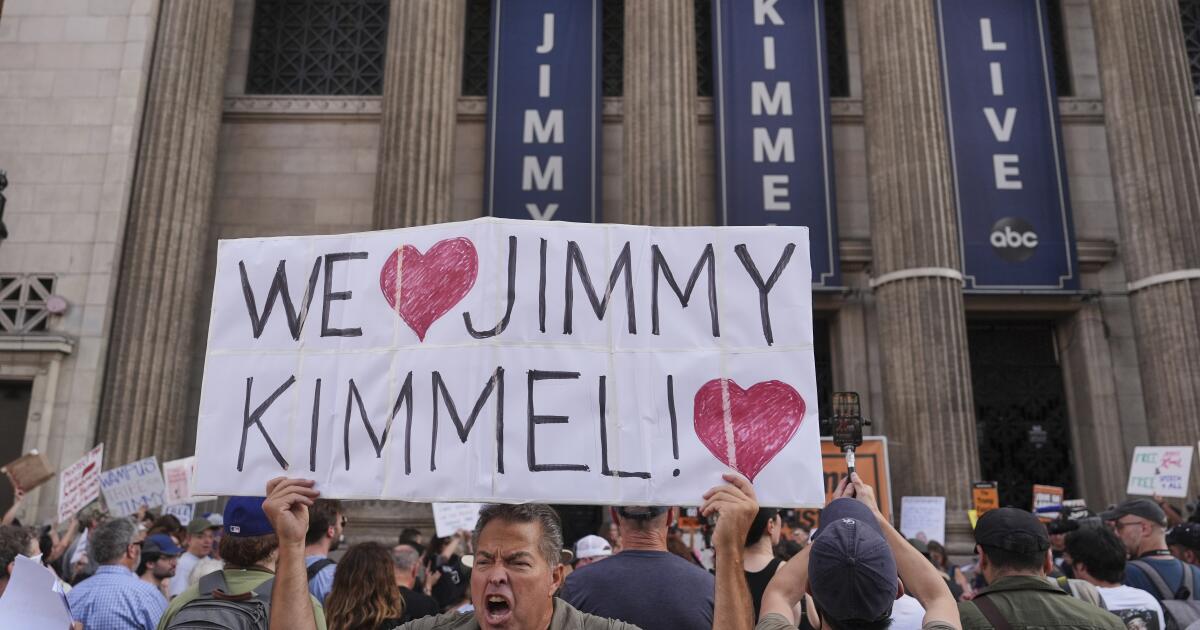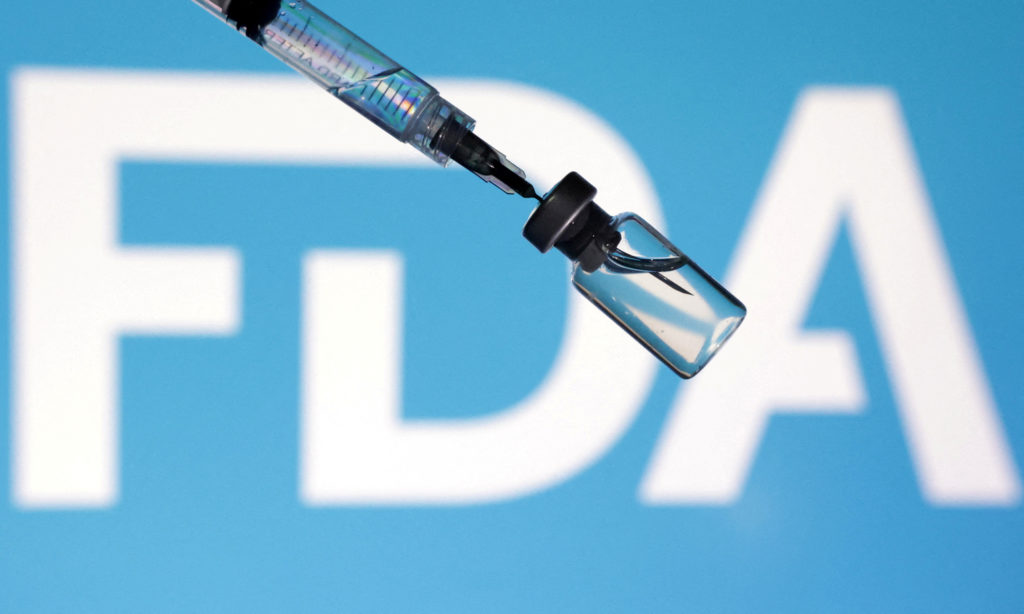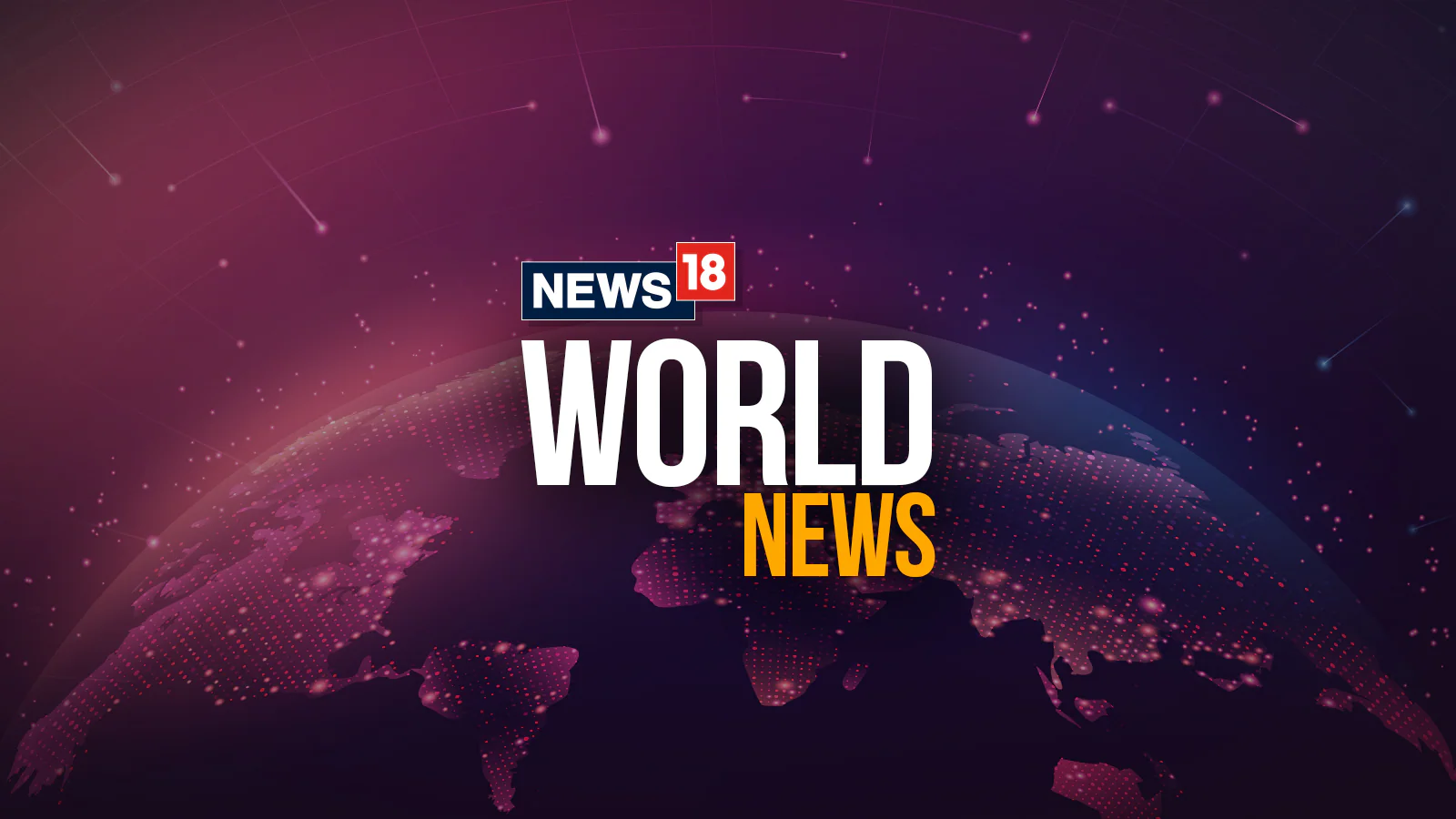
So Jimmy Kimmel is coming back, fast enough that there are still folks out there who didn’t know he was gone.
Hallelujah? Praise be to ABC? Free speech triumphs?
It all depends on Tuesday night, when we see if Kimmel returns undaunted, or if he has been subdued. Of all the consequential, crazy, frightening events that have taken place in recent days, Kimmel’s return should be a moment we all watch — a real-time, late-night look at how successful our president is at forcing us to censor ourselves through fear.
Please, Jimmy, don’t back down.
If Kimmel tempers his comedy now, pulls his punches on making fun of power, he sends the message that we should all be afraid, that we should all bend. Maybe he didn’t sign up for this, but here he is — a person in a position of influence being forced to make a risky choice between safety and country.
That sounds terribly dramatic, I know, but self-censorship is the heart of authoritarianism. When people of power are too scared to even crack a joke, what does that mean for the average person?
If Kimmel, with his celebrity, clout and wealth, cannot stand up to this president, what chance do the rest of us have?
Patriotism used to be a simple thing. A bit of apple pie, a flag on the Fourth of July, maybe even a twinge of pride when the national anthem plays and all the words pop into your mind even though you can’t find your car keys or remember what day it is.
It’s just something there, running in the background — an unspoken acknowledgment that being American is a pretty terrific thing to be.
Now, of course, patriotism is the most loaded of words. It’s been masticated and barfed out by the MAGA movement into a specific gruel — a white, Western-centric dogma that demands a narrow and angry Christianity dominate civic life.
There have been a deluge of examples of this subversion in recent days. The Pentagon is threatening to punish journalists who report information it doesn’t explicitly provide. The president used social media to demand U.S. Atty. Gen. Pam Bondi go after his perceived enemies.
The one that put a knot in my stomach was the speech by Stephen Miller, Trump’s immigration czar, speaking, without humor, at the memorial for Charlie Kirk.
“We are the storm,” Miller said, hinting back at a QAnon conspiracy theory about a violent reordering of society.
That’s disturbing, but actually mild compared with what he said next, a now-familiar Christian nationalist rant.
“Our lineage and our legacy hails back to Athens, to Rome, to Philadelphia, to Monticello,” Miller said. “Our ancestors built the cities they produced, the art and architecture they built. The industry.”
Who’s going to tell him about Sally Hemings? But he continued with an attack on the “yous” who don’t agree with this worldview, the “yous,” like Kimmel, one presumes (though Kimmel’s name did not come up) who oppose this cruel version of America.
“You are wickedness, you are jealousy, you are envy, you are hatred, you are nothing,” Miller said. “You can build nothing. You can produce nothing. You can create nothing.”
Humor, of course, ain’t nothing, which is why this administration can’t stand it.
Humor builds camaraderie. It produces dopamine and serotonin, the glue of human bonding. It drains away fear, and creates hope.
Which is why autocrats always go after comedians pretty early on. It’s not thin skin, though Trump seems to have that. It’s effective management of dissent.
Nazi propaganda minister Joseph Goebbels knew it. In 1939, after his party had set up a Chamber of Culture that required all performers to adhere to certain rules, he banned five German comedians — Werner Finck, Peter Sachse, Helmuth Buth, Wilhelm Meissner and Manfred Dlugi — for making political jokes that didn’t support the regime. He basically ended their careers for daring satire against Nazi leaders, claiming people didn’t find it funny.
“(I)n their public appearances they displayed a lack of any positive attitude toward National Socialism and therewith caused grave annoyance in public and especially to party comrades,” the New York Times reported the German government claiming at the time.
Sounds familiar.
Kimmel, of course, is not the only comedian speaking out. Jon Stewart has hit back on “The Daily Show,” pretending to be scared into submission, perhaps a hat tip to Finck, who famously joked, “I am not saying anything. And even that I am not saying.”
Stephen Colbert roasted Disney with a very funny parody video. Political cartoonists are having a field day.
And there are plenty of others pushing back. Gov. Gavin Newsom has taken to all-caps rebuttals. Illinois Gov. JB Pritzker, whom Trump called “nothing,” is also vocal in his opposition, especially of National Guard troops in Chicago.
The collective power of the powerful is no joke. It means something.
But all the sober talk in the world can’t rival one spot-on dig when it comes to kicking the clay feet of would-be dictators. Mark Twain said it best: Against the assault of laughter nothing can stand. Which is what makes Kimmel so relevant in this moment.
Can he come back with a laugh — proving we have nothing to fear but fear itself — or are we seriously in trouble?



